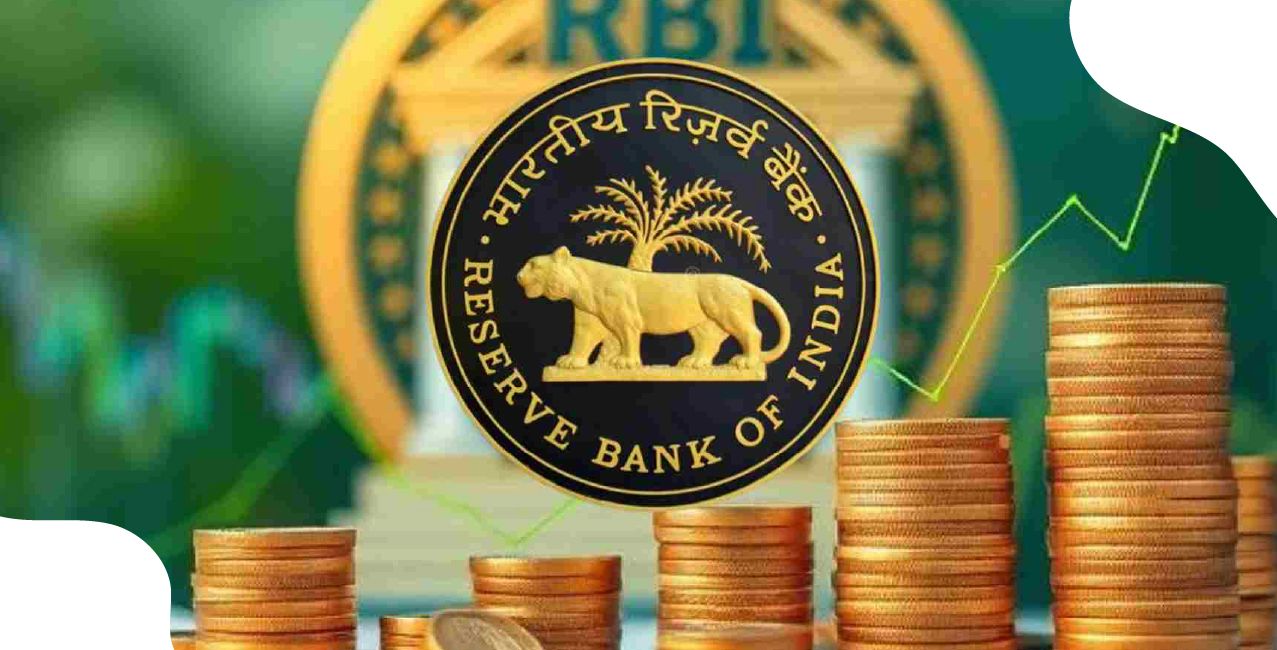Longer Trading Hours: RBI Extends Call Money Market Till 7 PM

Check Your Loan Eligibility Now
By continuing, you agree to LoansJagat's Credit Report Terms of Use, Terms and Conditions, Privacy Policy, and authorize contact via Call, SMS, Email, or WhatsApp
As part of a broader regulatory upgrade, the RBI has added 2 extra trading hours for the call money, market repo, and Tri-Party Repo (TREP) segments. A trader now would understand the feeling of a corporate employee, as the timings will closely resemble those from 1st July.
This decision follows the recommendations of a dedicated working group set up to assess market operations. While the move does not directly impact government securities or foreign exchange markets, it signifies a critical shift towards deeper market accessibility and extended liquidity windows.
Current Market Timings for Call Money, TREP Segments
As per the RBI’s circular, the existing trading hours across major market segments are as follows:
Market Segment | Opening Time | Closing Time |
Call Money Market | 9:00 AM | 5:00 PM |
Market Repo | 9:00 AM | 2:30 PM |
Tri-Party Repo (TREPS) | 9:00 AM | 3:00 PM |
Government Securities | 9:00 AM | 3:30 PM |
Foreign Exchange Market | 9:00 AM | 3:30 PM |
Interest Rate Derivatives | 9:00 AM | 5:00 PM |
These timings have been the norm for several years. However, in response to evolving market demands and to ensure smooth liquidity management, especially towards the end of the trading day, the RBI is implementing extended trading hours from July 2025.
New Market Timings for Call Money from 1st July, 2025
Starting 1st July 2025, the RBI has announced revised timings for the call money market, extending the trading window by 2 hours, allowing market participants more time for liquidity adjustments. Here's what the RBI stated:
“Accordingly, the revised market hours shall be from 9:00 AM to 7:00 PM.” – RBI Circular
Moreover, from 1st August 2025, the market repo and Tri-Party Repo segments will also see an extension in their trading windows:
“Accordingly, the revised trading hours shall be from 9:00 AM to 4:00 PM.” – RBI Circular
These changes are expected to facilitate more efficient fund allocation, especially during volatile periods and quarter-end activities.
No Change in Market Timings for G-Secs, Forex, and IRD Segments
Despite changes in money market timings, the RBI has kept the trading hours for other segments unchanged. Here's a summary comparing the current and revised timings, along with their implementation dates:
Market Segment | Current Timings | New Timings | Effective From | Status |
Call Money Market | 9:00 AM – 5:00 PM | 9:00 AM – 7:00 PM | 1st July 2025 | Changed |
Market Repo | 9:00 AM – 2:30 PM | 9:00 AM – 4:00 PM | 1st August 2025 | Changed |
Tri-Party Repo (TREPS) | 9:00 AM – 3:00 PM | 9:00 AM – 4:00 PM | 1st August 2025 | Changed |
Government Securities (G-Sec) | 9:00 AM – 3:30 PM | No Change | – | Unchanged |
Foreign Exchange Market | 9:00 AM – 3:30 PM | No Change | – | Unchanged |
Interest Rate Derivatives | 9:00 AM – 5:00 PM | No Change | – | Unchanged |
This balanced approach allows the RBI to test extended timings for short-term money markets without disrupting long-term instruments like G-Secs or the broader forex market.
Why Has RBI Changed the Market Timings for Call Money and TREP Segments?
The timing revision is rooted in the findings of a Working Group led by Radha Shyam Ratho, Executive Director, RBI. The committee was formed as per the February 2025 Monetary Policy to evaluate the existing framework of market timings and recommend improvements.
The group collected feedback from various stakeholders, including standalone primary dealers (SPDs), who proposed extended timings for the call money market. They also suggested keeping the reporting window open till 7:30 PM, including for cancelled trades.
According to a report by Moneycontrol on May 22, while this extension may improve operational flexibility, it may not significantly boost trading volumes, as most of the liquidity in the call money market is concentrated during early trading hours.
It is also important to note that the overnight money market—which includes the uncollateralised call money and collateralised market repo and TREP—remains the most liquid section of India’s financial market. These changes aim to strengthen this segment’s operational readiness and make liquidity access smoother for banks and SPDs, especially in stress scenarios.
Conclusion
The RBI’s decision to extend market timings for key short-term money market instruments marks a significant development in India's financial infrastructure. While the intent is to increase flexibility and enhance market depth, experts believe that actual trading patterns may remain largely unchanged in the near term.
Nevertheless, the move reflects a future-forward strategy by the central bank to modernise financial operations, synchronise with global standards, and support market participants in managing end-of-day liquidity needs more effectively.
Other News Pages | ||
73% ATMs Now Dispensing ₹100 & ₹200 Notes Before RBI Deadline | Supreme Court: Banks Cannot Revalue Gold After Loan Repayment | |
About the author

LoansJagat Team
Contributor‘Simplify Finance for Everyone.’ This is the common goal of our team, as we try to explain any topic with relatable examples. From personal to business finance, managing EMIs to becoming debt-free, we do extensive research on each and every parameter, so you don’t have to. Scroll up and have a look at what 15+ years of experience in the BFSI sector looks like.
Subscribe Now
Related Blog Post

Home Loan Interest Rates 2025 Deliver Major EMI Relief, Will Borrowers See More Gains In 2026?

Will the Indian Rupee Stabilise in 2026 After a Volatile 2025?

RBI Draft Rules Target Surprise Costs in Overseas Payments
Recent Blogs
All Topics
Contents
Quick Apply Loan
Consolidate your debts into one easy EMI.
Takes less than 2 minutes. No paperwork.
10 Lakhs+
Trusted Customers
2000 Cr+
Loans Disbursed
4.7/5
Google Reviews
20+
Banks & NBFCs Offers
Other services mentioned in this article





